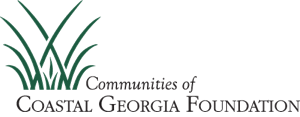The 2014 U.S. Trust® Study of High Net Worth Philanthropy examines giving patterns, priorities and attitudes of America’s wealthiest households. Since 2006, this biennial study has been written and researched in partnership with the Indiana University Lilly Family School of Philanthropy.
The largest, longest running series of its kind, the study is an important barometer for wealthy donors’ charitable engagement and viewpoints, offering valuable insights that inform the strategies of their peers, nonprofit professionals, charitable advisors, and others. The following is a summary of key findings from the full 89-page report.

